
George R. Poulton (1828 - 1867)
 Royaume-Uni
Royaume-Uni
 Royaume-Uni
Royaume-UniGeorge R. Poulton, celebrated musician and composer, was born in Cricklade, Nr Cirencester, (Wilts), England in 1828. He was baptised in St Mary's Church and was raised in the town until the age of seven when his parents, Charles and Hannah Poulton, emigrated to Lansingburgh, New York. George Poulton's descendants still have connections with the little Saxon town of Cricklade.
In 1861, George Poulton composed the tune "Aura Lee" - one of the most popular tunes of the 19th Century which became ... (Read all)
Source : Wikipedia
In 1861, George Poulton composed the tune "Aura Lee" - one of the most popular tunes of the 19th Century which became ... (Read all)
Source : Wikipedia
FREE SHEET MUSIC
- Yo Yo!
Active criterias:
Search
| |||||||||||||||||||||||||||||||||||





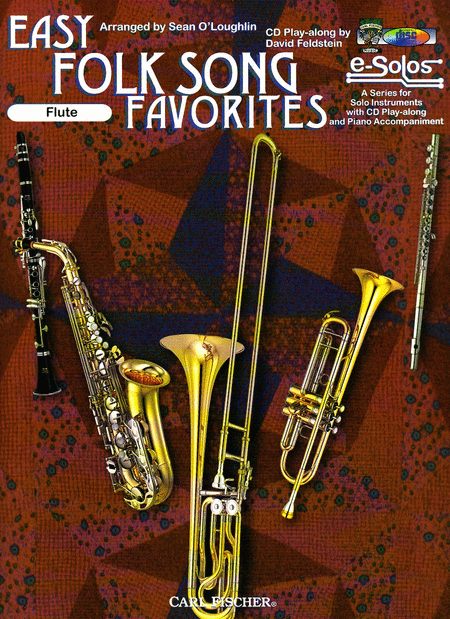
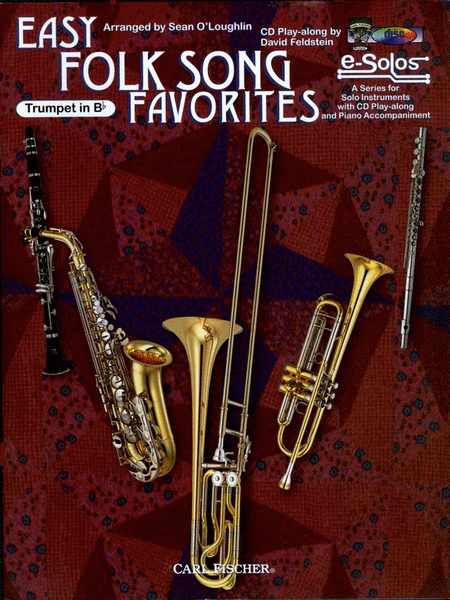
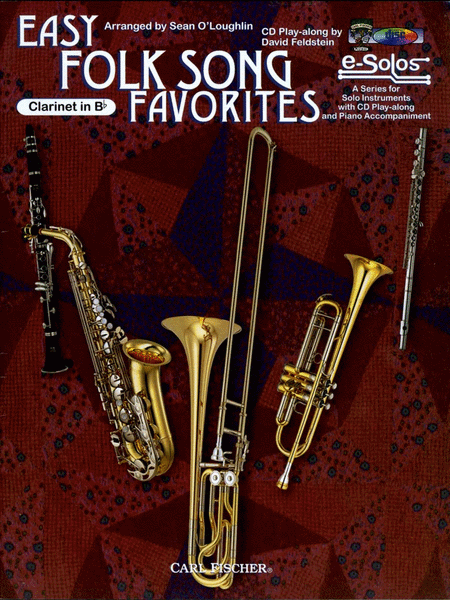
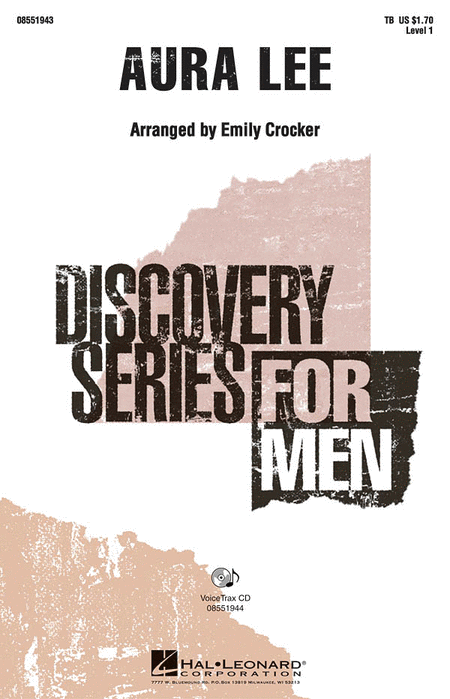
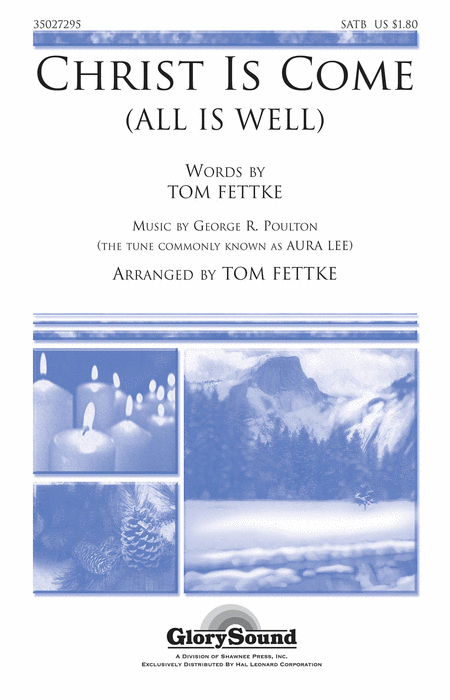
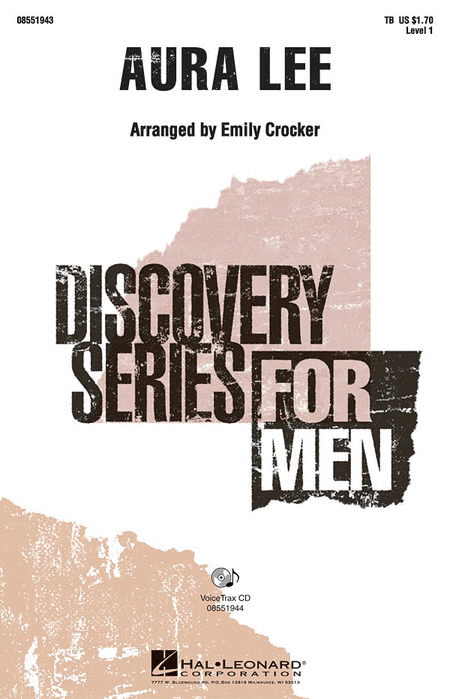






 SHEET MUSIC
SHEET MUSIC